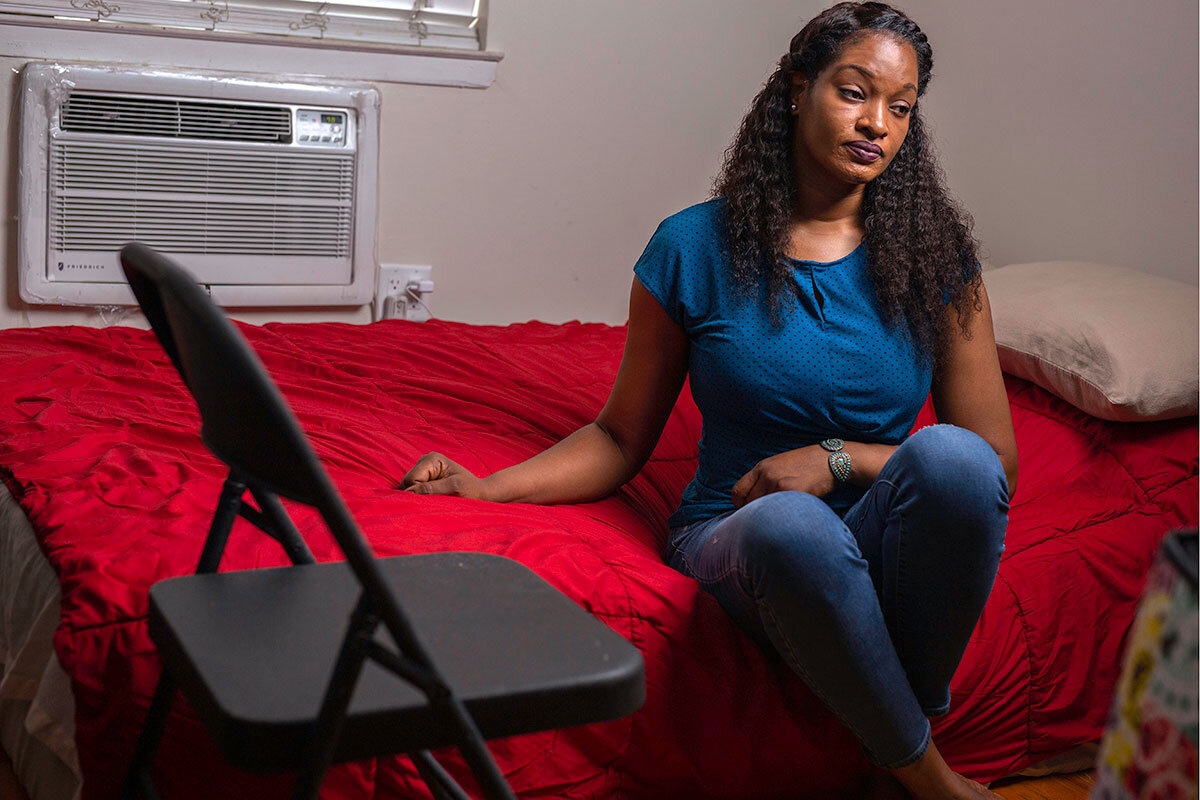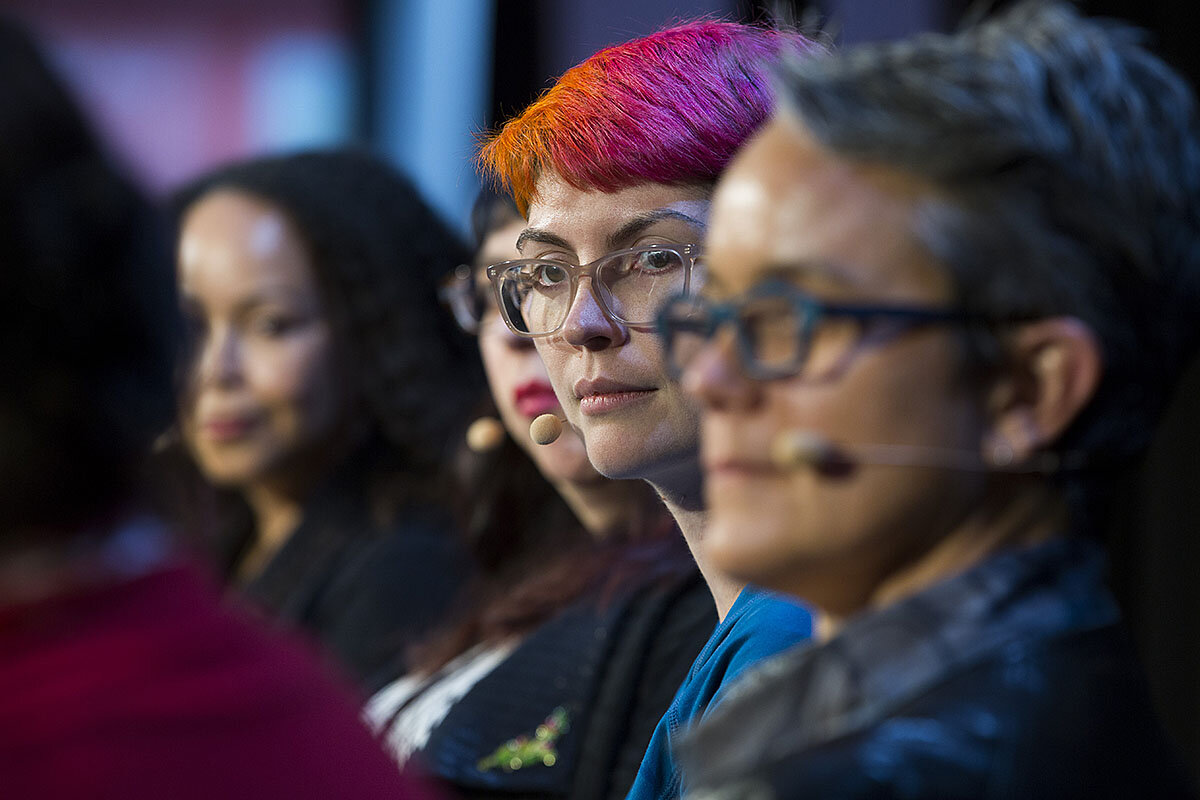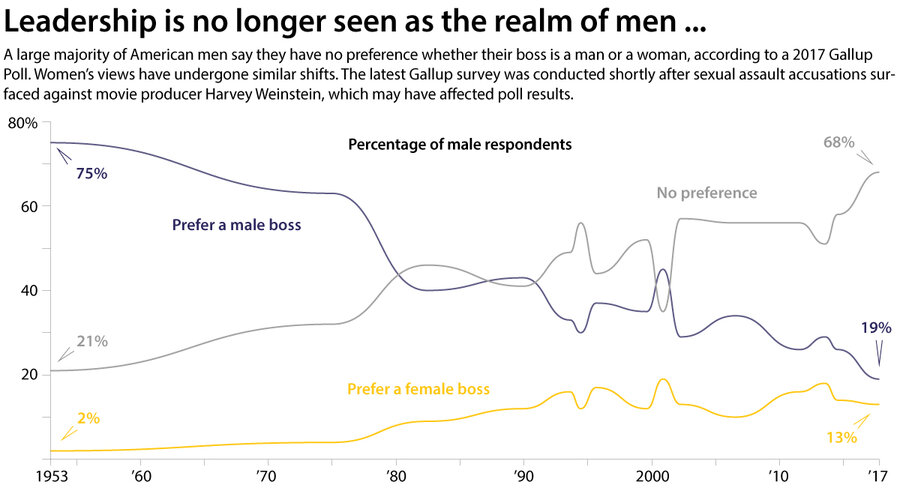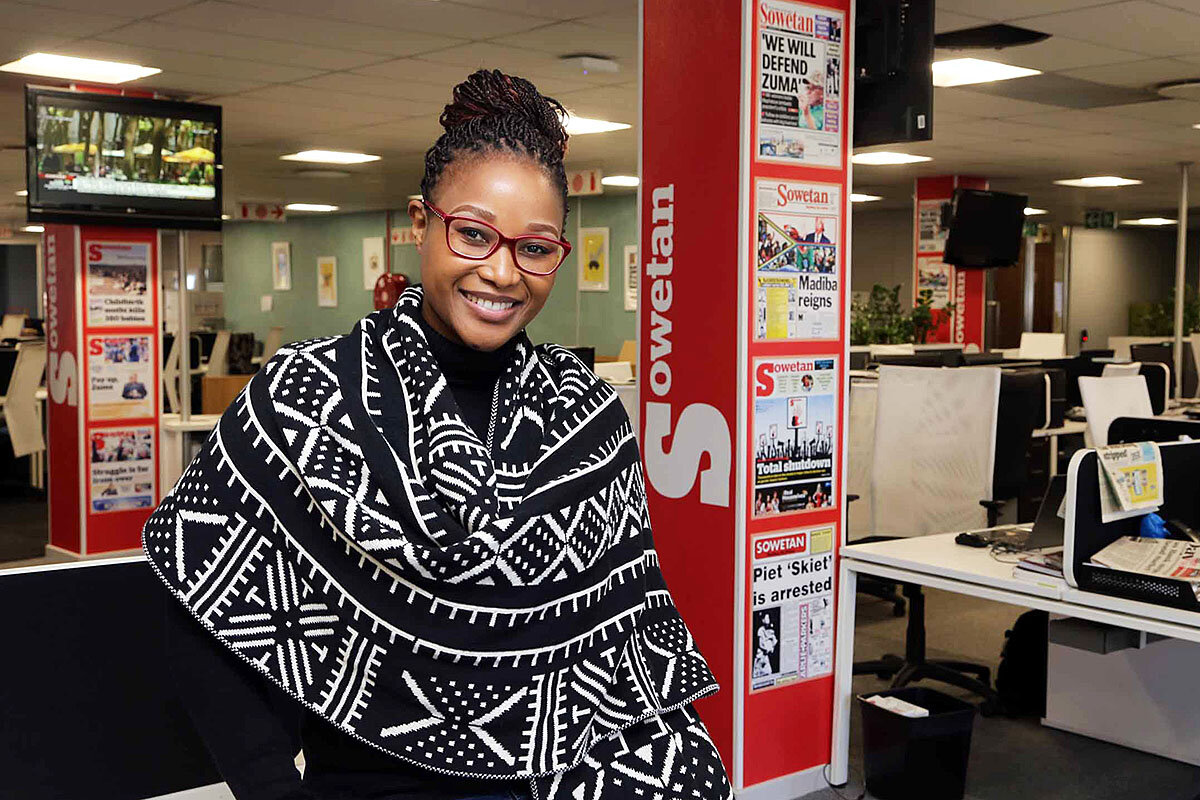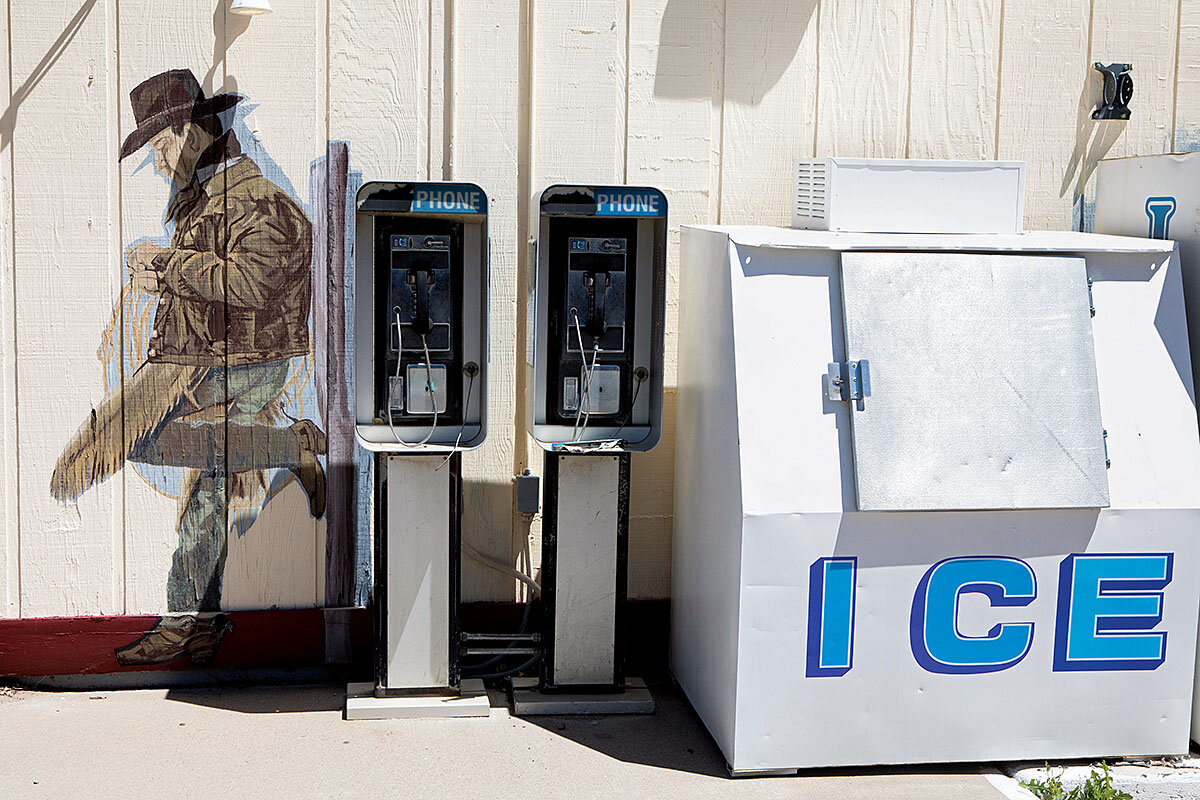The history of national security policy is famous for unintended consequences (e.g., the Iraq War and ISIS). Now add to the list the heavy U.S. pressure on Iran and a Chinese foothold in the Middle East.
Monitor Daily Podcast
- Follow us:
 Linda Feldmann
Linda Feldmann
I will never forget my first political convention: the Republican confab in sunny San Diego, August 1996. Hopes were high for GOP nominee Bob Dole, though everyone knew unseating President Bill Clinton would be tough. Senator Dole famously didn’t read the party platform, but at least folks had fun – especially those decked out in red, white, and blue,��as I wrote.
This year the conventions are effectively canceled. The Democrats (Aug. 17-20) are going all-virtual, and the Republicans (Aug. 24-27), for now, will be mostly virtual. President Donald Trump says he����from the White House.
For years, it has been fashionable to dismiss the conventions as “infomercials,” all packaging and glitz, with nothing left to chance. Reporters’ quadrennial hopes for a brokered convention are predictably dashed. This year, some are even celebrating the gatherings’ demise. “Covid killed the conventions. Maybe that’s a good thing,”����
Indeed, this year’s busted play is an opportunity to rethink, well, the convention of conventions. As with many aspects of life, the pandemic has forced us to consider new ways of doing things – sometimes for the better. Maybe hybrid conventions, a combination of virtual and in-person events, are the future.��
But for people who love politics, nothing beats a real, live gathering. Connections are made, wisdom passes from old to young, political stars are born. The expressions of free speech – including protesters, as long as they’re peaceful – are an important part of the tradition. And who can argue with all the fabulous red-white-and-blue outfits?��





